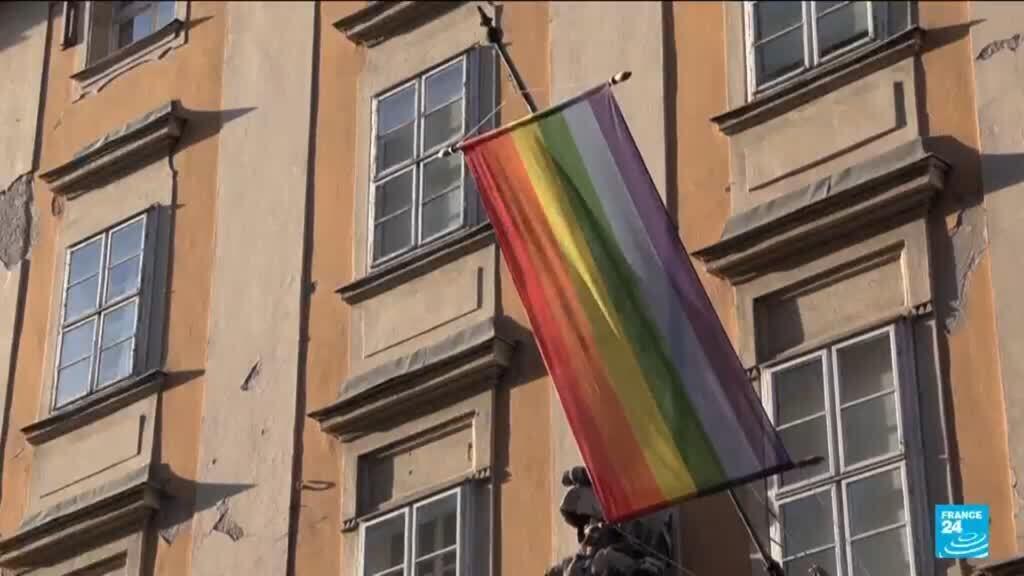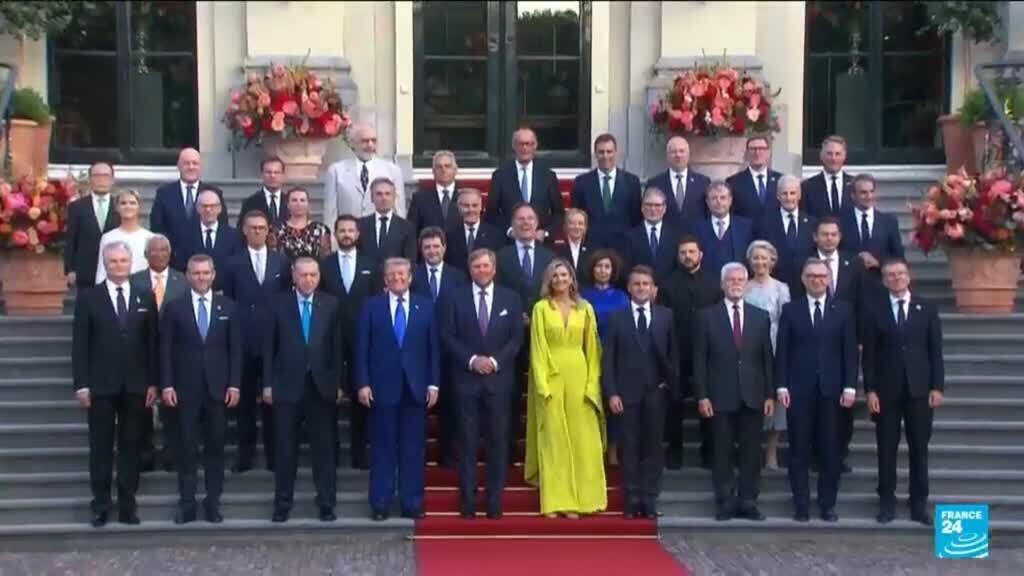A record number of people are expected to attend Saturday's Pride march in Budapest, the capital of Hungary, demonstrating resilience in the face of a recent ban that signifies a significant setback for LGBTQ rights within the European Union. This year's event is particularly notable as it occurs under a cloud of increased governmental restrictions, reflecting a broader trend of diminishing rights for sexual minorities across the continent.
The Hungarian government, led by Prime Minister Viktor Orban and his ruling coalition, implemented amendments to laws and constitutional provisions earlier in the year that explicitly prohibit the annual Pride celebration. These legal changes align with a narrative that frames the government's clampdown on LGBTQ rights as a matter of "child protection." This justification has been a recurring theme in Orban's administration, which has adopted a conservative stance on issues pertaining to gender and sexuality.
The decision to ban the Pride march has faced widespread criticism, not only from local activists in Hungary but also from international human rights organizations and European leaders. Many see the ban as an affront to fundamental democratic values and a violation of freedom of expression. The mounting opposition to Orban's policies underscores the deepening divisions between liberal and conservative ideologies within the European Union, particularly regarding human rights and LGBTQ issues.
Despite the prohibition, organizers and participants of the Pride march are resolute in their commitment to celebrating love and diversity. They view the march as a crucial platform for visibility and advocacy, aiming to challenge the government's hostile stance towards the LGBTQ community. Reports indicate that the turnout for this year's event could reach record numbers, indicating a strong collective resistance against authoritarian measures and a desire for equality and acceptance.
Moreover, this year's Pride march occurs in a broader context of escalating tensions between various societal groups in Hungary, where LGBTQ rights advocates are increasingly vocal against state-sanctioned discrimination. As participants prepare to take to the streets of Budapest, they are fueled by a sense of urgency to push back against the regressive policies that threaten their rights and freedoms.
Across Europe, the implications of Hungary's actions are being closely monitored, as they may set a concerning precedent for other nations grappling with similar issues. The response from the European Union and neighboring countries will be pivotal in determining how Hungary navigates its increasingly isolationist stance on human rights. Activists remain hopeful that the solidarity displayed at the Pride march will resonate beyond Hungary's borders, inspiring wider movements for change.
In summary, the upcoming Pride march in Budapest represents not only a defiance against government-imposed restrictions but also a broader struggle for human rights within the EU. As citizens rally in support of LGBTQ rights, their resilience highlights the enduring fight for equality in the face of adversity.
```











